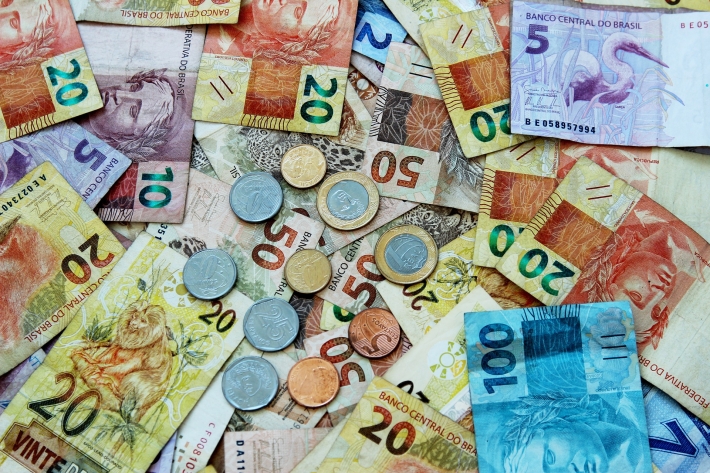RIO DE JANEIRO, BRAZIL – Brazil continues to impose relatively high restrictions on trade in services, but it has made progress and was the country that most reformed in 2020 in this segment among the economies examined, says the Organization for Economic Cooperation and Development (OECD).

The 2020 Services Trade Restrictiveness Index (STRI) published by OECD lists Brazil as the tenth country with the highest barriers to foreign service entry among the 48 countries examined. This includes stringent regulations, such as the need for specific federal government approval to establish a branch office, and a labor market rule that restricts the flow of non-residents by requiring that at least two-thirds of a company’s workforce be Brazilian citizens.
However, the OECD recognizes that in recent years Brazil has been successful in introducing reforms, thereby easing conditions for trade and investment in several service segments, such as air transport and financial services.
“Brazil, China and Iceland were the main reformers in 2020,” says the organization. The STRI takes into account laws and regulations in force, involving restrictions on the entry of foreign service providers, restrictions on the movement of people, other discriminatory measures, barriers to competition and regulatory transparency.
The STRI 2020, released today, notes the highest levels of liberalization in Brazil in air transport in 2018, with a law that allowed foreign investors to control 100% of the voting capital of a Brazilian airline. Nowadays, air transport in Brazil is more open than in other countries in the Americas.
The report highlights that last year Brazil also began to relax licensing requirements for foreign banks and insurance companies. A new General Law on Personal Data Protection came into force in September. In 2019, changes in the distribution sector eliminated restrictions on store opening hours. Rail freight transport, legal and architectural services have fewer restrictions.
The OECD notes that, despite the progress in liberalization, Brazil still restricts foreign interests in delivery services, commercial banks and film and broadcasting.
On average across sectors and countries, service trade costs could decline by over 15% in three to five years, by halving regulatory issues, compared with countries with a better STRI performance.
In 2020, the Czech Republic, Latvia and the Netherlands achieved the best regulatory performance, according to the Index. The most closed economies to trade in services are India, Indonesia, Thailand, Iceland, Kazakhstan, Russia, and China.
Overall, the global regulatory environment became more restrictive in 2020 among most service segments. Trade barriers have increased for computational services, commercial banking and broadcasting. In parallel, the greatest liberalization occurred in delivery services, insurance and commercial banks.
Source: Valor Econômico

